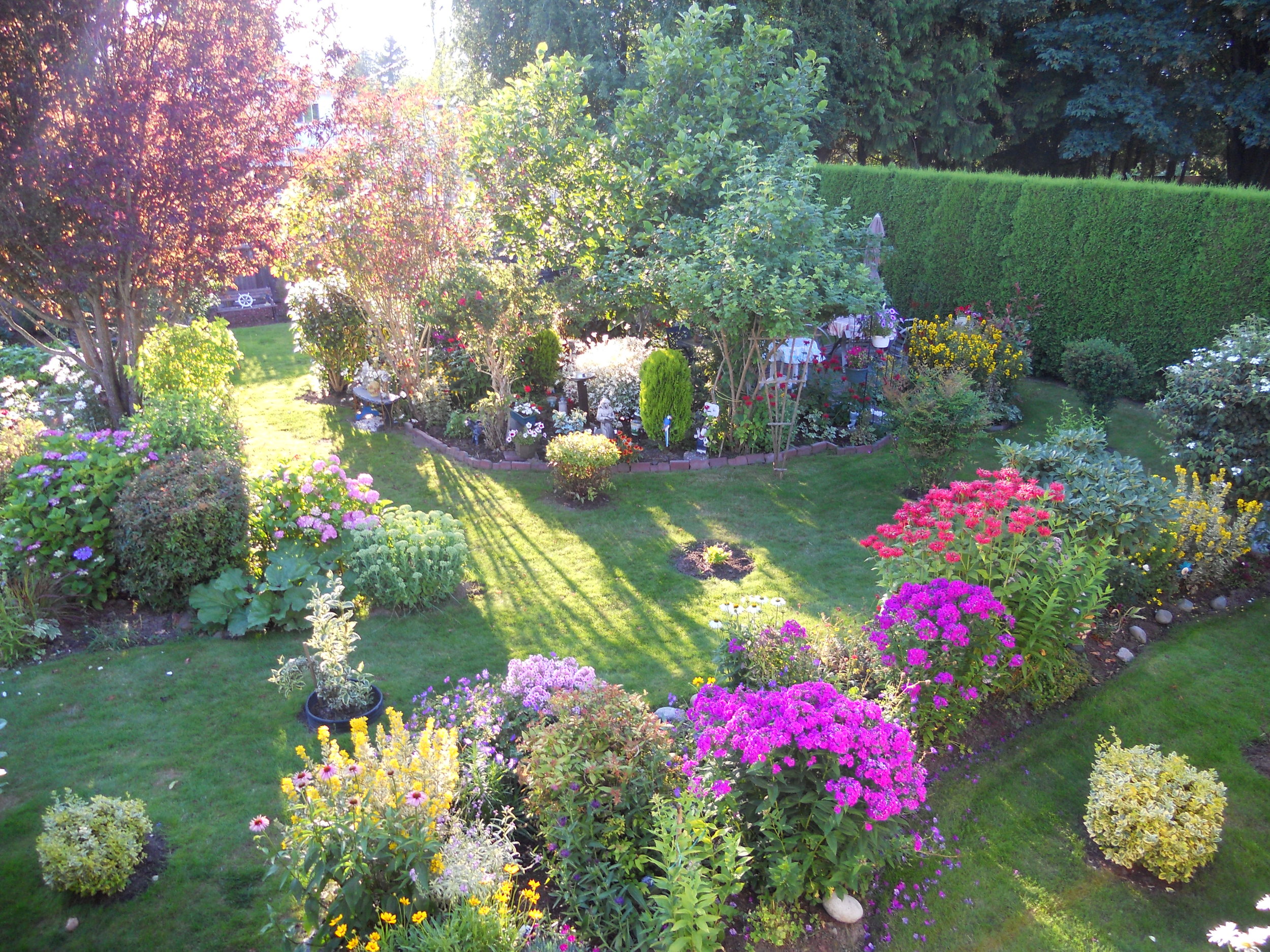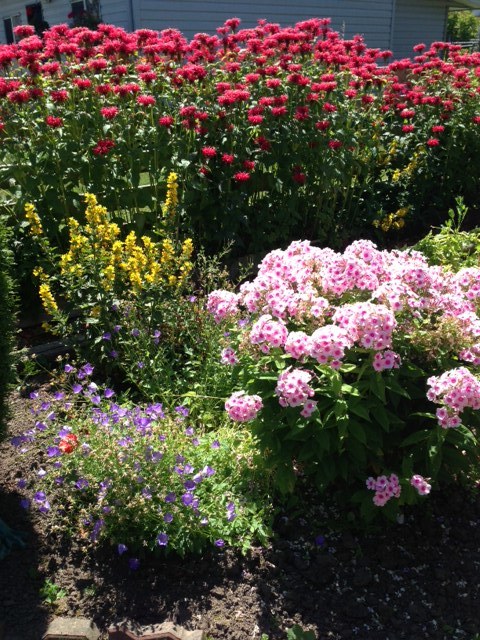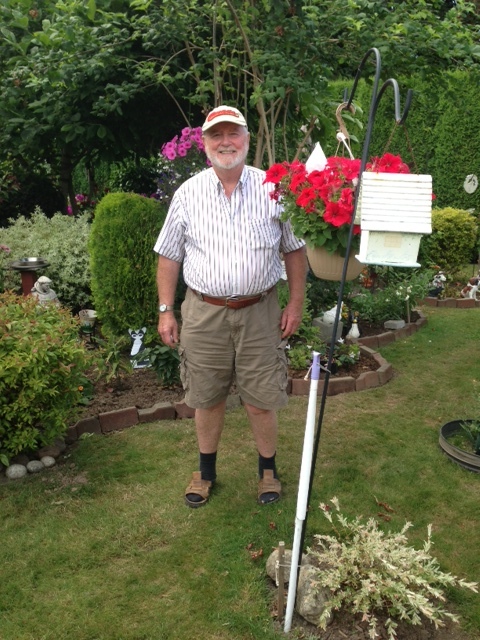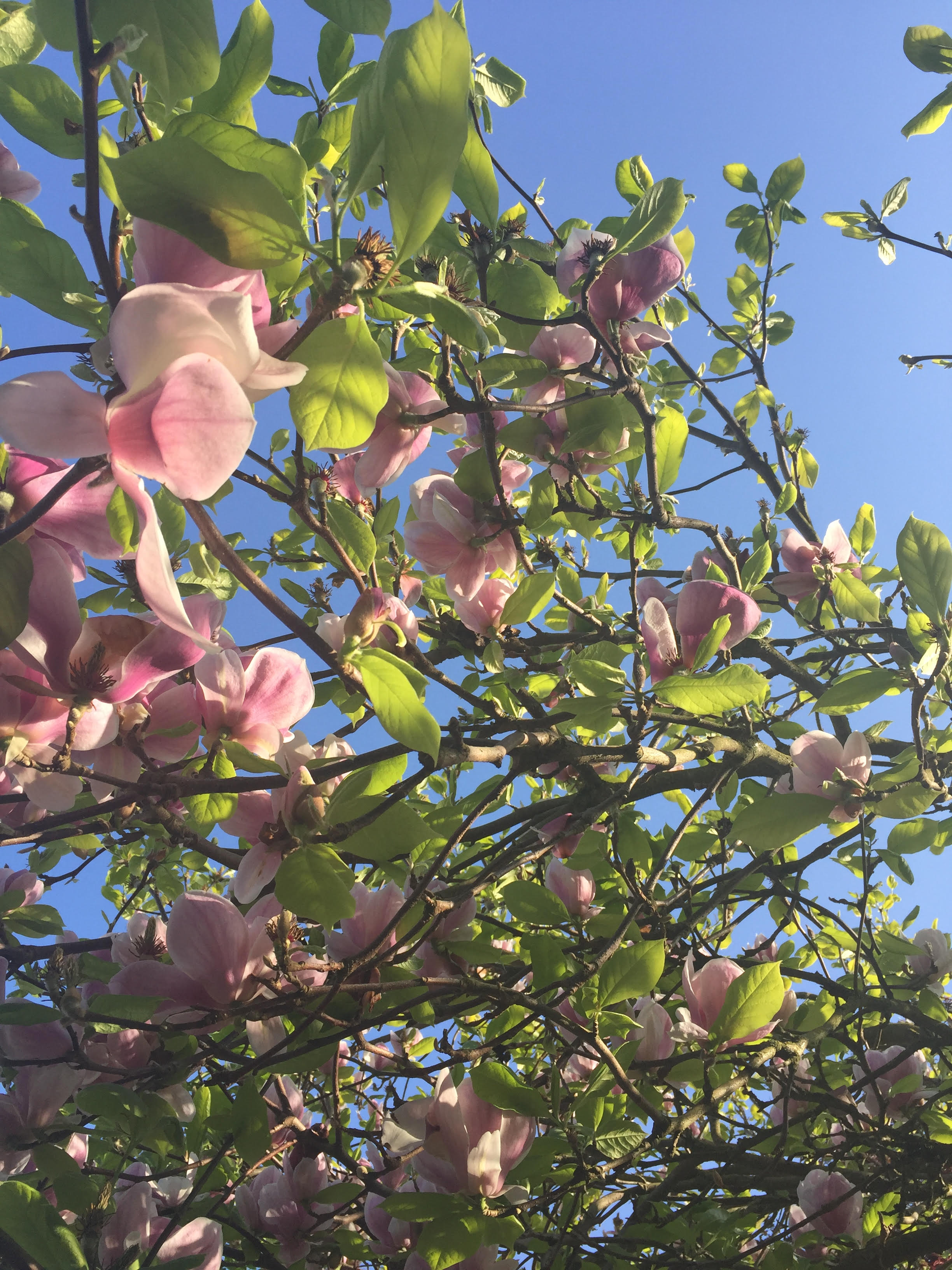“When we deny children access to meaningful education about their burgeoning sexual development, we give them no choice but to glean what they can from a highly sexualized media.” –Sharna Olfman, psychology professor
Since moving back to BC a year and a half ago, I have partnered with Signal Hill and the Catholic Independent Schools of the Vancouver Archdiocese to be part of a team of speakers who train parents how to talk to their children about human growth, development, and sexual morality. When parents don’t feel equipped or comfortable speaking to their children on this topic, the culture’s reaction is to say, “We’ll do it for you,” and then government steps in, as we’re seeing with the Ontario sexual education curriculum. But what we teach at these “Parent Support Meetings,” is that the parents, not the government, are the primary educators of their children when it comes to sexuality; therefore, instead of replacing the parents in their role, we aid the parents in their role. That’s why, parents of students in grades 4-7 in Catholic schools in the Vancouver archdiocese are called to come to meetings to be informed, enlightened, and equipped for how to speak with their children on this sensitive topic. My role is to give a general session presentation and speak to the parents whose children are in grade six. And upon reflecting on one of my recent presentations, it occurred to me that what I recommend for these parents is good advice for us all.
After playing this short video, I reflect on the quote by the featured dad who narrates “We have some pretty big hopes for him [his son James].” Parents naturally want what’s good for their children, and the parents gathered that evening have big hopes for their own kids too. But, there are strong forces in the world today that can interfere with this. I ask the parents what challenges they see facing their soon-to-be teenagers, and I get a litany of answers such as
· video games,
· social media,
· pressure to fit a certain mold, and
· pornography.
While some of those things are inherently wrong (pornography), others may or may not be a problem—it’s how they’re used (social media). So if we step back from the specifics of that list and look at what general problems can be brought about, they are the following:
· isolation,
· addiction/no self-control,
· self-centeredness,
· using humans as objects, and
· a false identity.
So if we want to directly respond to these negative forces we need to develop their opposite, positive, forces. Doing so creates an environment where virtue, instead of vice, will naturally breed. So there are 5 things I recommend for the parents, and us all:
1. Organize self-less activities
When I was growing up, my mom volunteered—a lot. And because she volunteered, quite naturally my sister and I volunteered too, helping her deliver meals on wheels or assisting at various pro-life and church events. Her nursing work with the elderly naturally lead to our playing the piano for the elderly, and so forth. How often are parents taking their children volunteering? The more that happens, the more children will naturally look outside themselves, building a defense against the temptation to turn inward.
Then there is RAK: Random Acts of Kindness. A few years ago when I was living in the Toronto area, I was bored about an impeding lonely weekend with no plans. While lamenting over text with one of my friends in Calgary, she too was bored and down on life, and although we were texting that we wished we could hang out with each other that weekend, geography and expensive flights put that idea to rest. Then she texted me, “I know what we need! We need RAK!” I thought it was a typo or strange auto-correct, but then she explained to me what RAK was, and how we could challenge each other to spend the weekend doing at least 7 random acts of kindness, taking photos of our adventures, and then swapping stories at the end of the weekend. From leaving flowers on a car in a parking lot, to placing an uplifting quote on a post-it note in a public washroom, to making a meal for a needy friend, to leaving an encouraging note at a bank machine, to dropping off an envelope at Tim Horton’s with money for the cashier and the next customer, and more, We. Had. A. Blast. Our weekend started off negative, but it ended so positively; there were smiles, laughter, and joy, all because instead of looking inwards, we chose to change our gaze outwards.
Wondering what the other points are? Fine out in part 2 of this reflection!


















